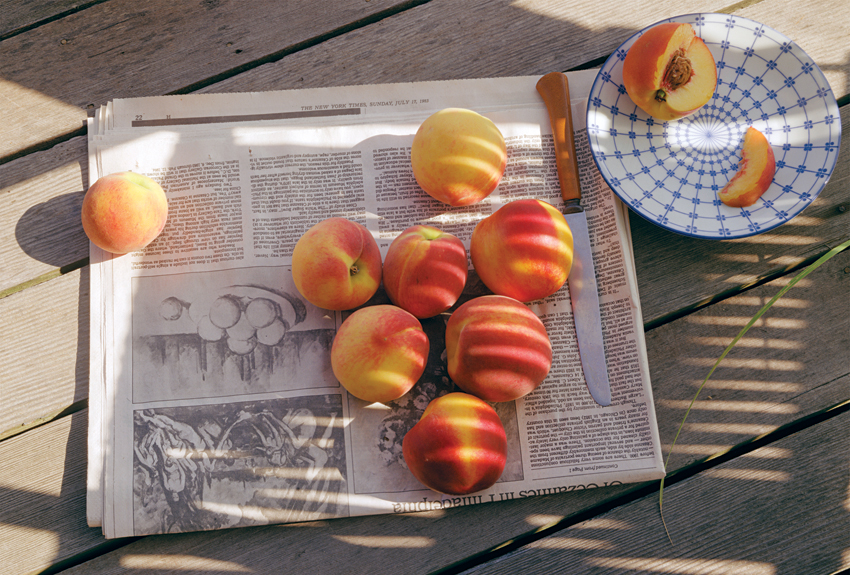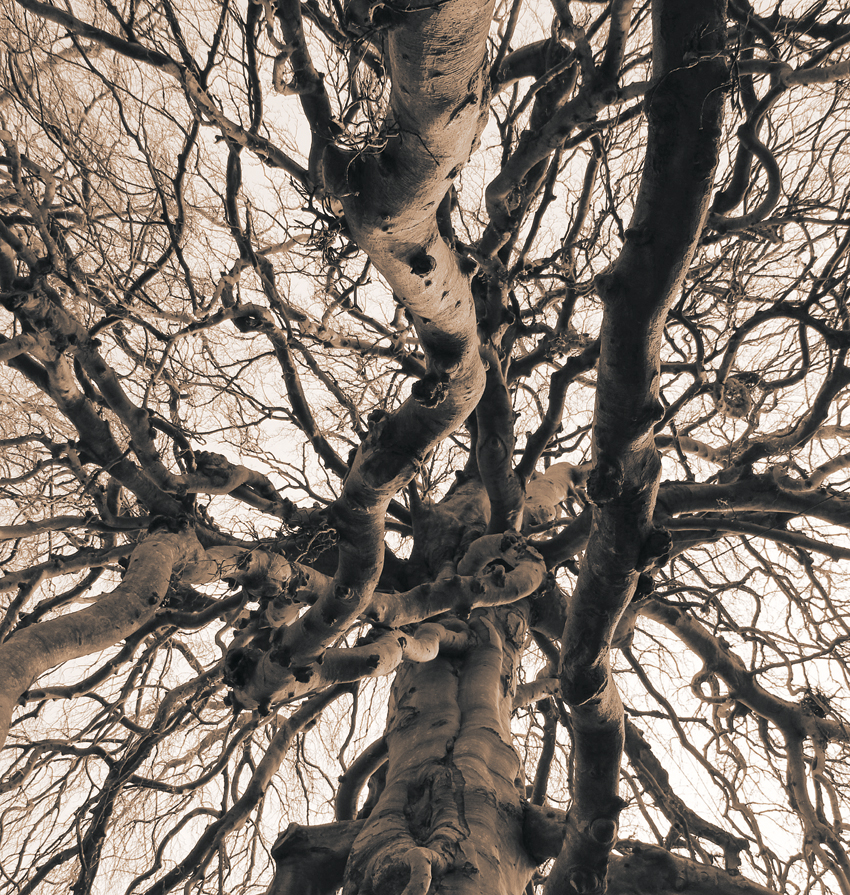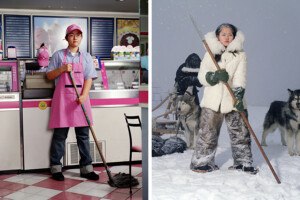Summer on the Cape

Photo by Joel Meyerowitz
Cape Farmers’ Market
My favorite farm stand on the Cape is Crow Farm, in Sandwich. It’s been around for four generations. My dad bought sweet corn there 40 years ago and ate it in the car, sans butter or salt. My mother picked out the smallest vegetables and fruit with the deepest color to take home. Time hasn’t changed things. I do the same.
On Route 6A, Kelly Farm offers whatever its proprietor, Jean Iverson, isn’t going to eat herself. The feisty 91-year-old farmer always gets first pick. But even her leftover collards, onions, and squash are worth the trip to Cummaquid. Just get there before 2 p.m. or you’ll leave empty-handed.
Farther down the road in Barnstable, Tim Friary runs Cape Cod Organic Farm, which old-timers remember as the Barnstable County Farm. We bought eggs there and still do, because the yolks are as orange as the afternoon sun. Arrive late in the day and the freshly picked tomatoes might still be warm from sunning on the vine.
Our restaurants have mastered the art of preparing the bounty of the land and sea. All winter long I dream of these dishes: the briny Wellfleet oysters at the Captain Linnell House, in Orleans; the grilled lobster at the Red Inn, in Provincetown; the fish of the day at the Dan’l Webster Inn, in Sandwich; and the Chatham Bars Inn’s famous scallops.
—Stephanie Foster will be signing copies of her new book, Farms of Cape Cod, at the Orleans Farmers’ Market on Saturdays this summer.


Photo by Chamber of Commerce, Yarmouth
The Weeping Beech Tree at the Bangs Hallet House
People come from far and wide because they’ve heard about this tree. We have a lot of documentation from Captain Bangs Hallet and his wife, but nothing about the tree itself. But it’s wonderful to think up stories of how it might have arrived here—that maybe Bangs Hallet himself, when he came back from the Far East or Europe on his clipper ships, might have brought this weeping beech back with him.
If you stand and look up at the leaves, sometimes you see formations—an elephant, or wherever your imagination takes you. It’s like being in a magic house or a cave. It’s just charming, to feel so encompassed, hugged almost by it.
—Maureen Rukstalis, of the Historical Society of Old Yarmouth.

Fleming’s Donut Shack
The summer of 1960, when we opened, was also the summer when John Kennedy was nominated at a convention in Los Angeles. My father was so excited. He packed up doughnuts and sent them to Hyannis Port. We got a letter back on Kennedy’s Senate stationery. He thanked us for our support, thanked us for our doughnuts, and said that they were delicious. When Kennedy was elected, my parents were celebrating—we’d never seen them so happy.
—Jane Fleming, of Fleming’s Donut Shack.

The Lost Boys of Penikese Island
It feels like a place out of a dream, this little green-and-gold island with its swooping birds and mounds of grass. It might be far away—in the Scottish Hebrides, perhaps—or out of a children’s adventure story where barefoot boys roam free. But Penikese Island sits in Buzzards Bay, 12 miles from Woods Hole.
My husband grew up on Buzzards Bay and knew this 75-acre island as a therapeutic boarding school for troubled teens. For six months of the year, boys came to grow their own food, tend the animals, chop firewood, and go to class.
The first time I visited, over a decade ago, we beached our motor boat, climbed ashore, and were greeted almost instantly by a suntanned, tousled teenager. We returned at least once a summer, and were often the only visitors, though occasionally we’d run into a scientist who’d come to observe the roseate terns or American burying beetles—both endangered species making a comeback on the island. On a mid-October day a few years back, we took the boat out past seals gathering on Gull Island and arrived on Penikese. There, we played touch football with the boys, the sumac turning red, the waves the iron gray of fall.
In 2011 the school suspended operations. Since then, the island has felt ghostly without the boys’ presence. Now the school is scheduled to reopen with a new focus: helping teenagers recover from substance abuse. Meanwhile, the tern population is thriving. The American burying beetle is going strong.
Birds, beetles, boys. Give them an island, and they’ll grow.
—Elizabeth Graver’s fourth novel, The End of the Point, came out this spring.


